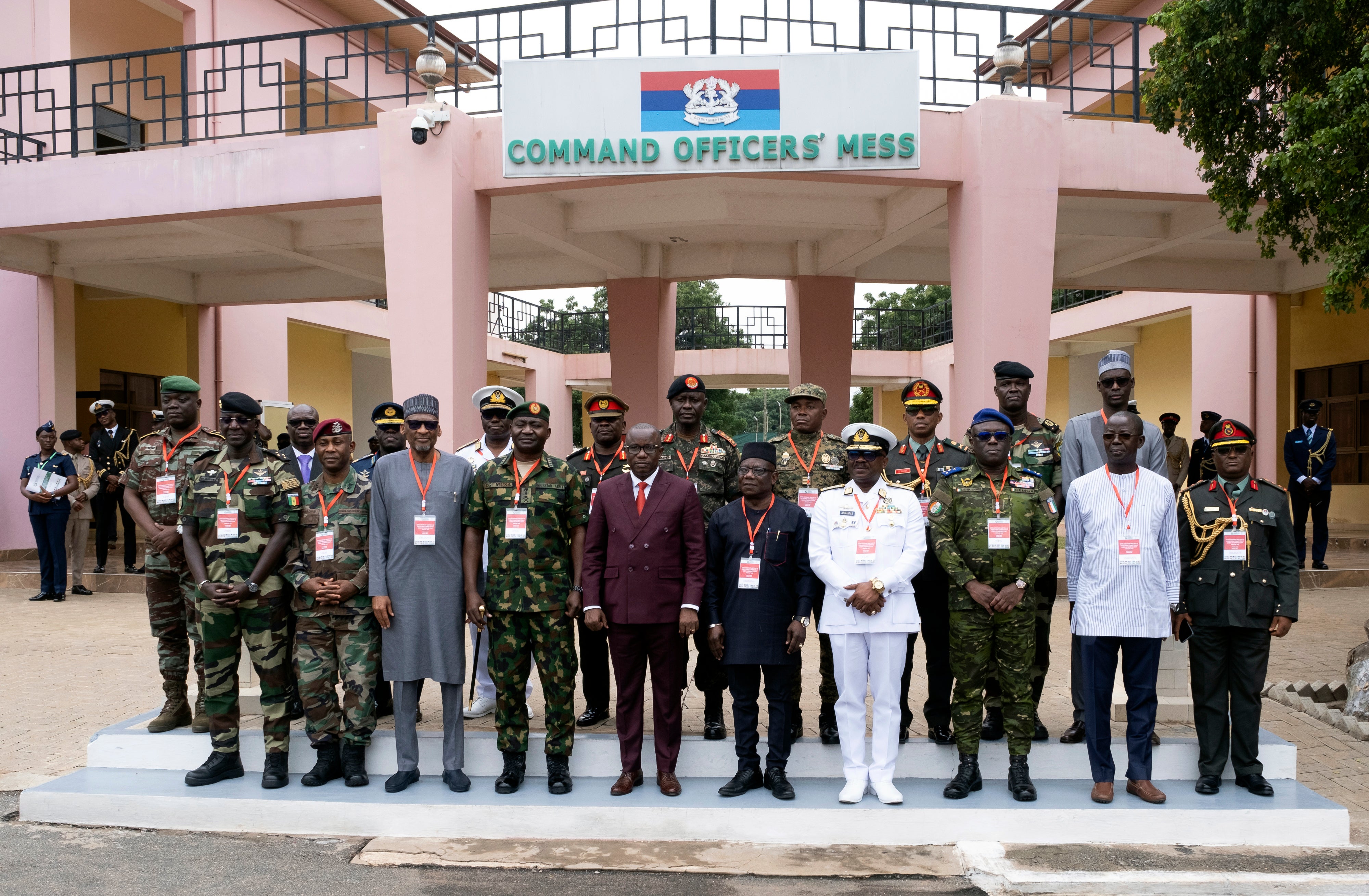West African defense chiefs propose a $2.6 billion security plan that analysts say might not work
Defense chiefs of West Africa on Thursday proposed an ambitious plan to deploy a 5,000-strong “standby force” to fight the region’s worsening security crises, a measure that analysts say might not work due to challenges of funding and division within the regional bloc

Your support helps us to tell the story
From reproductive rights to climate change to Big Tech, The Independent is on the ground when the story is developing. Whether it's investigating the financials of Elon Musk's pro-Trump PAC or producing our latest documentary, 'The A Word', which shines a light on the American women fighting for reproductive rights, we know how important it is to parse out the facts from the messaging.
At such a critical moment in US history, we need reporters on the ground. Your donation allows us to keep sending journalists to speak to both sides of the story.
The Independent is trusted by Americans across the entire political spectrum. And unlike many other quality news outlets, we choose not to lock Americans out of our reporting and analysis with paywalls. We believe quality journalism should be available to everyone, paid for by those who can afford it.
Your support makes all the difference.Defense chiefs of West Africa on Thursday proposed an ambitious plan to deploy a 5,000-strong “standby force” to fight the region’s worsening security crises, a measure that analysts say might not work due to challenges of funding and division within the regional bloc.
The plan, which will cost $2.6 billion annually, was proposed to heads of state at a meeting of defense officials in Nigeria's capital of Abuja. The plan was also aimed at preventing further coups following a string of military takeovers that have destabilized the region, Nigeria’s Defense Minister Mohammed Badaru said.
Thursday’s meeting is the first time the bloc is mapping out publicly the financing of its long-talked-about standby force. However, analysts identified challenges it might face, including the shortage of funds from member states required to contribute money and securing the support of coup-hit countries most affected by the security crises.
“More than ever, we are at a pivotal moment in the history of our community to address insecurity,” said Omar Alieu Touray, president of the regional bloc of ECOWAS Commission, as he urged member-states to support the force. Their proposals are expected to be considered at the upcoming summit of the regional heads of state.
The resurgence of coups in West and Central Africa – with four of its nations being run by military governments – has divided the 15-nation ECOWAS and destabilized the region, especially the coup-hit countries of Mali, Burkina Faso and Niger, which are worst-hit by the deadly violence now spreading to coastal nations.
ECOWAS has unsuccessfully tried to return democracies in these countries. Their best shot with now-lifted economic sanctions resulted in the three coup-hit countries withdrawing their membership and opening more windows for Russian mercenaries in the region.
Touray, the ECOWAS commission president, said the bloc invited officials from the coup-hit countries of Mali, Burkina Faso and Niger to attend Thursday’s meeting and join in forming such a force. It was not immediately clear if the countries would agree to this.
“I don’t think ECOWAS has the capacity to launch military interventions without foreign assistance,” said Ulf Laessing, head of the Sahel program at the Konrad Adenauer Foundation.
Such a standby force can only work if ECOWAS gets the commitment of all its member states and if the bloc maps out a strategy to deal with Burkina Faso, Mali and Niger, said Kars de Bruijne, a senior research fellow at the Clingendael Institute think tank.
“Delivering (on such plans) has been the issue with ECOWAS for a long time,” he said.